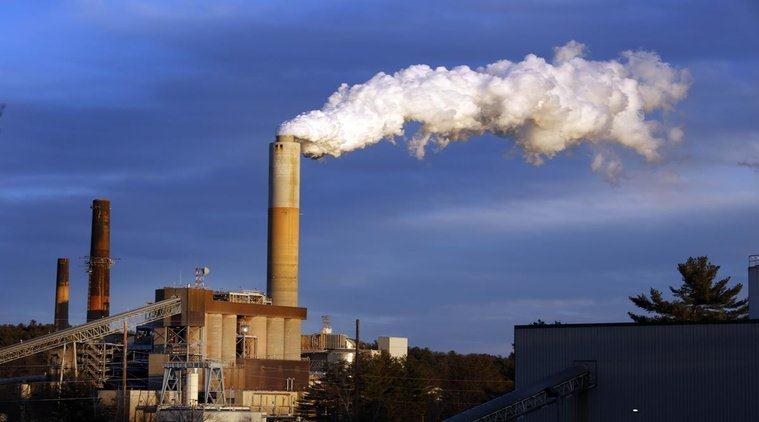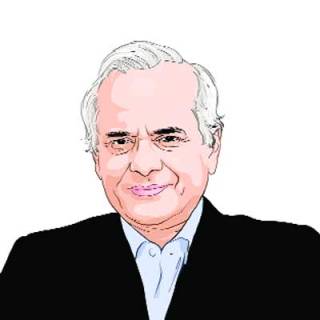Carryovers from 2018
The science of global warming is incontrovertible. The planet is headed for a climate-induced catastrophe.

The onset of the New Year is an occasion for reflection, and herewith are some thoughts that coursed through my mind as I contemplated 2018.
The surge of nationalistic fervour that has swept across the globe and upended the post-World War II, liberal, multilateral and rules-based world order, is in reaction to the forces of liberalism, globalism and technology that promised a win for all but, in fact, left the majority that did not have the skills or opportunity to jump onto the Internet bandwagon, standing still. The minority that had these qualities were able to climb aboard and benefited disproportionately. The “left-behind” majority expressed their frustrations at the polling booth and voted into positions of leadership innately autocratic populists with an inward isolationist bent. This has rendered the world a riskier place. Its leaders are stepping off the international stage at a time it faces major transnational problems like climate change, pandemics, migration, nuclear proliferation, water stress and fundamentalism.
The science of global warming is incontrovertible. The planet is headed for a climate-induced catastrophe. The criticality of containing greenhouse gas (GHG) emissions is universally acknowledged. This said, the measures agreed to at the climate summits, first in Paris in 2015 and, recently in Katowice, Poland, are not enough to avert the crisis. The question has to, therefore, be asked: Are such top-down, multilateral summits with each participant sovereign government constrained by domestic pressures, the appropriate fora for tackling this potentially existential and planetary threat? Would this problem not be better addressed through subnational fora (for example cities, NGOs, industry professionals) with each locality/ sector /association looking to address the issue vide a decentralised collective? Can the public afford to leave the fate of the planet in the hands of leaders who, because of the nature of the electoral process, represent only a minority of their electorate?
A few years back, the Pulitzer Prize-winning author, Liaquat Ahamed, wrote a fascinating biography, Lords of Finance: The Bankers Who Broke the World, about the four heads of the central banks of the US, France, UK and Germany in the 1920s. The book tells us that the economic catastrophe of the Great Depression of 1929-1931 was not foreordained but was the “cumulative impact of a series of misjudgements” by these four individuals, each lacking in “intellectual will” but with strong, inflated egos. I am reminded of this book as I contemplate the escalation of the tariff war between China and US; the stupidity of Brexit; the humanitarian crisis in Yemen; the gruesome murder of the journalist Jamal Khashoggi and more — all decisions made by leaders with an exaggerated sense of self and/or a limited understanding of economics and geopolitics. In 1929, the world went over the edge because the series of crises fed on each other to create an “economic whirlwind” that engulfed the globe. Today, the problems may be substantively and geographically disparate, but in our connected world they have a bearing on each other. The consequences of unfettered power in the hands of narcissists is frightening.







































No hay comentarios:
Publicar un comentario